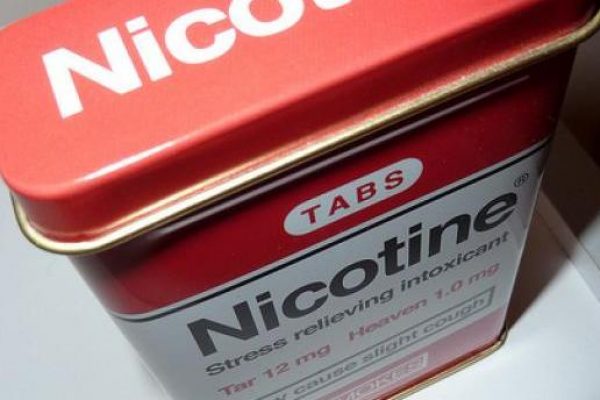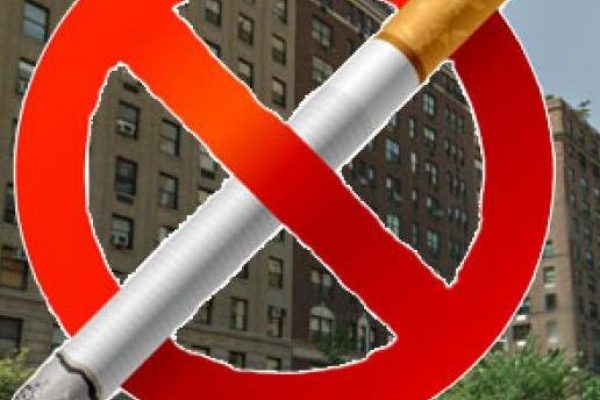If I died today, would you even care?
Probably not, but that's just life's fare
If I died today, all I'll leave you are my words
They'll all over the net fluttering like birds
I'm just a blogger and some say a writer
But in the end I think all wouldn't really matter
What counts would be the times that we shared
and the memories through the moonlight we heard
Don't you fret, don't be afraid
Because we both know that I once prayed
For strength that I may stop
This I did like a spinning top
T'was a miracle of sorts that we've seen
That somehow through my addiction you may glean
I did it, I stopped smoking
Through words that may be provoking
Now we move on to the next chapter
of new villains and heroes that I'm after
For there will always be some evil plot
Wishing to spread doom and rot
If I die today, can I visit you as a ghost?
I know it sounds creepy, but would you be a nice host?
I'm just kidding of course, don't be afraid
Now's not the time to launch the modern crusade
If I died today, there are a few things I might regret
Though these are also a part of the roulette
There are times when I wish I could be like Perez Hilton
Though that's also silly lest I be a simpleton
I'd be writing about Miley Cyrus jiggling her smoking behind
Though I really pity her she must be slaving bear that in mind
Freedom comes with responsibility I often hear them say
Remember this always when you come out to play
If I died today, I would leave no insurance
Call it what you want and I know that's no assurance
The field that I have chosen oftentimes gets unrewarded
Though it has its moments at times we are accorded
With that said, I don't think I'm ready to die today
I also know that I won't and I hope it does not dismay!











